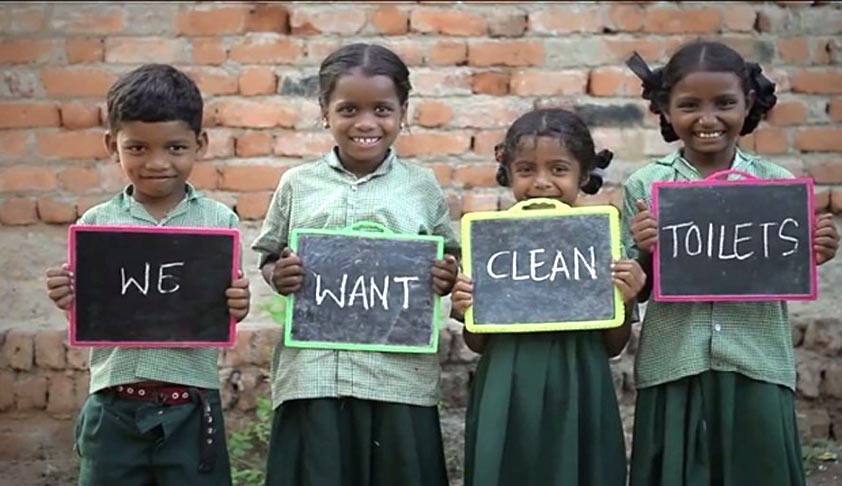Women have the right to have safe and clean toilets at all convenient places; Bombay HC issues detailed guidelines to Corporations in setting up toilet facilities for `women walking on the streets’
Ashok KM
24 Dec 2015 10:41 AM IST

Next Story
24 Dec 2015 10:41 AM IST
